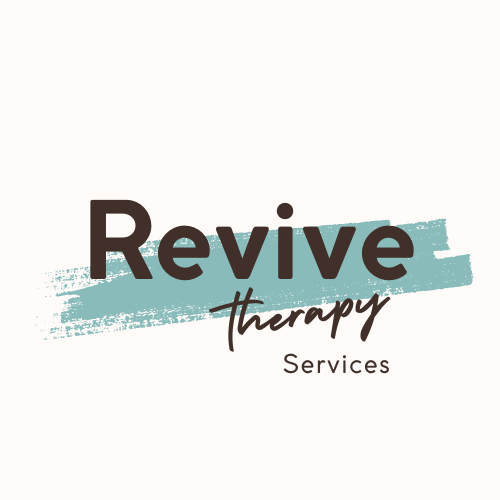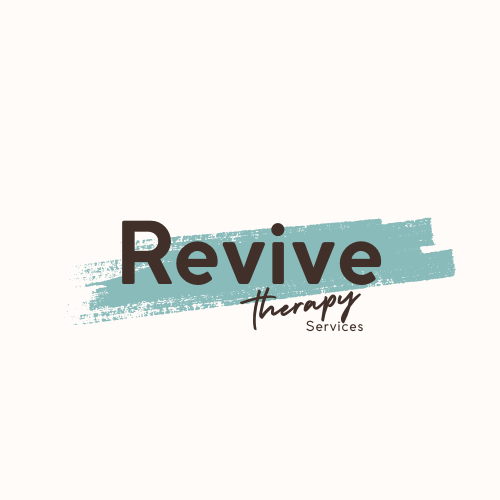Healing from Childhood Trauma as an Adult: What’s Still Possible?
Childhood trauma doesn’t just stay in the past—it can shape how we see ourselves, relate to others, and navigate the world. It can impact our self-worth, relationships, and even our physical health. If you’ve ever felt stuck in old patterns, struggled with anxiety or depression, or found it hard to trust others, you’re not alone. The good news? Healing is possible, no matter how much time has passed.
Right here in Philadelphia, countless adults are on a journey to reclaim their lives from the grip of childhood trauma. Whether you’ve tried therapy before and felt like nothing really changed, or you’re exploring healing for the first time, it’s important to know: you are not broken, and it’s never too late to heal.
Understanding the Impact of Childhood Trauma
Childhood trauma can come in many forms—abuse, neglect, witnessing violence, or growing up in an unpredictable or unsafe environment. These experiences can leave deep imprints on the nervous system, leading to patterns of hypervigilance, emotional dysregulation, and even chronic health issues like anxiety, depression, or autoimmune disorders.
In adulthood, these survival mechanisms can look like:
Anxiety and Overthinking – Always preparing for the worst or overanalyzing every situation.
Difficulty Trusting Others – Feeling guarded, distant, or unable to rely on others.
People-Pleasing or Conflict Avoidance – Sacrificing your own needs to keep the peace.
Emotional Numbing or Disconnection – Feeling “shut down” or disconnected from your own emotions and experiences.
These patterns were once ways of surviving, but they don’t have to define your life forever. Healing from childhood trauma involves learning how to feel safe in your own body, connect authentically with others, and live with more freedom and joy.
What’s Still Possible?
Building Secure Relationships
Childhood trauma often teaches us to be hyper-independent, guarded, or even people-pleasing just to feel safe. But as adults, we can learn to build relationships that are secure, authentic, and fulfilling.
Examples of Building Secure Relationships:
Setting Boundaries – Practice saying “no” without guilt and “yes” without fear. In healthy relationships, your needs matter just as much as anyone else’s. This might look like setting limits on how much you give to others or taking space when you need to recharge.
Learning to Trust – Trust doesn’t happen overnight, especially if it was broken early on. Start small. Share little pieces of yourself with people who have shown they are safe, consistent, and non-judgmental.
Communicating Clearly and Honestly – Trauma can make us feel misunderstood or invisible. Healing involves learning to express your needs, feelings, and boundaries in ways that invite connection rather than conflict.
Building a Support System – Surround yourself with people who are genuinely supportive. This might include friends, mentors, support groups, or trauma-informed therapists who understand your journey.
Breaking Free from Survival Mode
When childhood was unpredictable or unsafe, it can feel like you’re always bracing for the next crisis. That’s survival mode—staying alert, overworking, or shutting down just to cope. Healing means learning how to actually live, not just survive.
Examples of Breaking Free from Survival Mode:
Practicing Grounding Exercises – Techniques like deep breathing, feeling your feet on the ground, or noticing five things around you can bring you back to the present moment. These practices can help regulate your nervous system, making it easier to feel safe and calm.
Allowing Rest Without Guilt – It’s okay to rest. You don’t have to “earn” your right to relax. Healing involves unlearning the hustle mentality and finding safety in stillness. This might mean taking breaks, practicing mindfulness, or simply giving yourself permission to be unproductive sometimes.
Prioritizing Joy and Play – Yes, adults need play too. Whether it’s laughing with friends, dancing in your kitchen, or exploring Philly’s vibrant arts scene, joy is part of the healing process. It’s about reclaiming your right to experience happiness without fear or shame.
Self-Soothing Skills – Learn to comfort yourself in healthy ways, like using grounding techniques, journaling, or practicing self-compassion when anxiety or overwhelm hits.
Changing Your Inner Voice
Trauma has a way of planting seeds of self-doubt, shame, and unworthiness. Healing involves nurturing a kinder, more compassionate inner voice.
Examples of Changing Your Inner Voice:
Reframing Negative Thoughts – When the inner critic says, “I’m not good enough,” try shifting to, “I’m learning, and it’s okay to make mistakes.” It’s about challenging the narrative that you have to be perfect to be worthy.
Self-Compassion Practices – If a friend was struggling, you’d offer them kindness. You deserve the same compassion from yourself. Practices like self-compassion meditations or writing yourself supportive letters can help.
Inner Child Work – This involves connecting with the parts of you that were hurt or neglected as a child and offering them the care, love, and safety they needed back then. This could be through visualization, journaling, or speaking to yourself with kindness.
Surrounding Yourself with Supportive People – The voices around us shape our inner dialogue. Choose relationships that reflect back your worth and potential, reinforcing a positive self-image.
Healing is Possible—and You Don’t Have to Do It Alone
Healing from childhood trauma as an adult isn’t about “just getting over it” or “thinking more positively.” It’s about giving your body and mind the support they need to process what happened and build a different future.
At Revive Therapy Services, we specialize in helping adults heal from childhood trauma using approaches that go deeper than traditional talk therapy. With EMDR and Somatic Experiencing, we work with your body’s nervous system to release stored trauma and create new, healthier patterns.
If you’ve tried therapy before and felt like it didn’t work, that doesn’t mean you are the problem. It might just mean you need a different approach.
Located in West Philadelphia, we’re here to support you in breaking free from the past and stepping into a more connected, joyful life.
Ready to explore what healing could look like for you? Schedule a free consultation with one of our therapist’s like Salima, Kianna, or Mary and take the next step toward reclaiming your life.
You are not alone—we are in this together.




